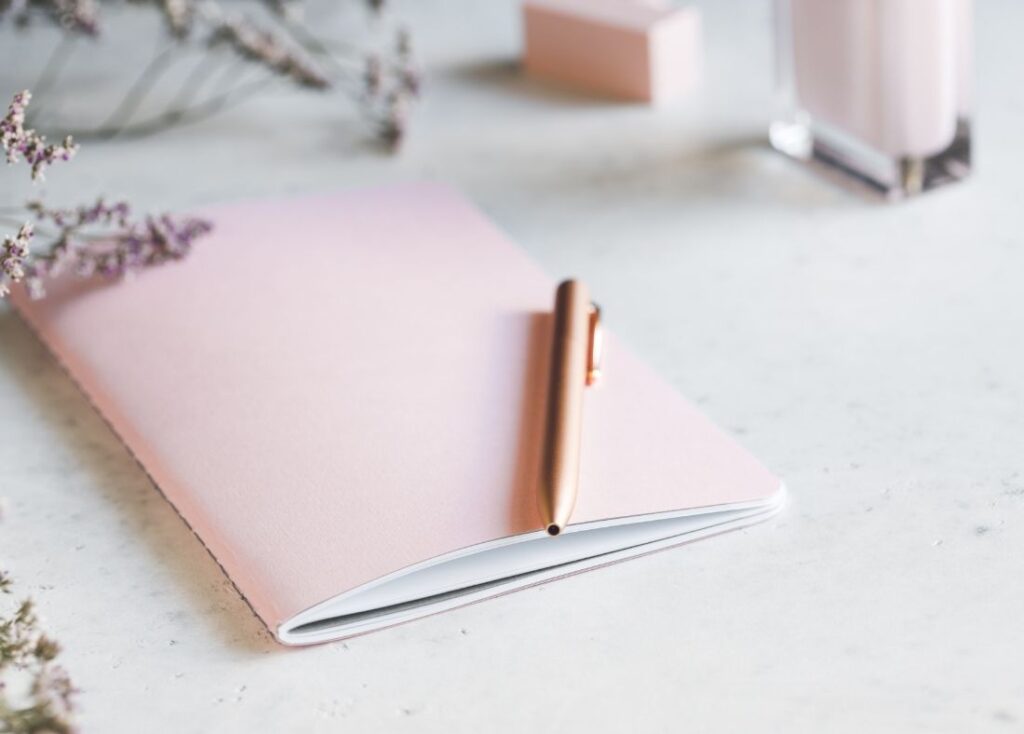How many thoughts do you think in a day? No, really, it’s a legitimate question. Go ahead – take a moment and think about it.
Ivy League studies tell us the average human being thinks around 50 000 (you read that right) thoughts every single day. Now, this total can go up. When you’re depressed, or going through an anxiety attack, or if you’re bipolar and having a manic episode, your thought-tally increases dramatically!
Here’s the next thing I want you to consider for a mo. Every thought you think is connected to an emotion – either a loud emotion right on the surface or a deeper, more hidden emotion. Think I’m full of it?
Try a thought – any thought. Stick with that thought for a few minutes, and see what it makes you feel like. See what I mean? Even if the emotion is initially hidden, it will rise to the surface when you hold the thought in your mind for long enough.
So, you can see your mental and emotional worlds are a superhighway of thoughts and feelings. Busier than JFK airport at Christmas!
Read our latest articles about journaling…
- Best Gratitude Journal for The Busy Mom
- Best Journaling Apps
- Bullet Journal Layout Ideas
- Gratitude Journal Prompts
- How To Start Journaling
- How To Start Journaling For Mental Health
- Journaling For Self-Esteem
Letting go

We’re all born with a natural ability to let go of the feelings and thoughts that don’t serve us and hang onto those that serve us well. But, social conditioning, our schooling, our parents, our jobs, our gender roles – you name it – have taught us to suppress emotions, rather than let them go.
By the time you’re exiting your teens, this “hang-on-for-dear-life attitude towards your emotions is well entrenched. And from that point in your life, you’re just adding. Compacting. Squeezing things in tighter and tighter. Scary, isn’t it?!
Clear the mental and emotional clutter with a journal
Journaling is one of the most effective ways to:
- Clear the existing mental and emotional clutter from your psyche
- Deal with historical clutter – that tightly compacted stuff that makes your life a living hell
Journaling is easy, it’s effective, and most of all, it’s private. No dragging your past sins and cringe-worthy events kicking and screaming into the light while you’re laying on a psychiatrist’s couch.
Noooooo! Here, it’s just you and a pen and your journal. Or you and your journaling app. Whichever you prefer. It’s your space – your place where you can organize and make sense of all the emotions and thoughts that you KNOW are buried in the background, but you’ve never gotten around to dealing with.
Even the doctors and academics agree
Volumes can be written about the studies reputable universities around the world have done on the benefits of journaling for both physical and mental health. It’s literally brought people back to life, solved serious relationship problems, changed and catapulted life missions into the stratosphere, and created a whole tribe of successful, well-balanced people.
The University of Rochester Medical Centre did one such study and found journaling:
- Manages anxiety
- Reduces stress
- Helps improve depression
- Helps to organize and prioritize concerns, fears, and problems
- Helps to track symptoms of physical or mental health issues
- Gets rid of negativity
- More, more and more
Still need more convincing. Surely not, but stick around. There’s lots of information here to get you started on your journaling journey. Or enhance your journey, if you’ve already started.
Happy reading!
